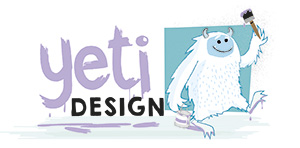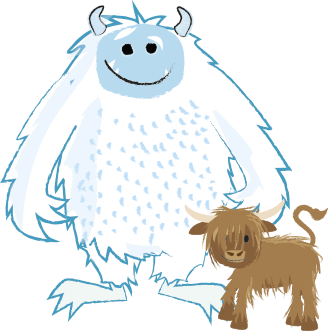Based on the guidelines of the SLO, Yeti has developed a slightly more extensive set of skills. In addition to the well-known 21st century skills, attention is also paid to sustainability and ecology, social-emotional thinking and acting, but also to the influence of social media and advertising on our thinking and acting. These parts have been added because children are confronted at an early age through various media with problems related to the earth, but also to their health, appearance and behavior. Below is an overview of the skills within Yeti's creative curriculum.

Sustainable thinking and acting
Children are made aware of the need to preserve our planet from an early age through various media channels. Creative assignments in which students can easily become acquainted with soil, water and air provide insight into the problem and offer children the confidence that together we can achieve a lot of improvement. In this way they learn to tackle and understand environmental problems on a small scale. This forms a basis for innovations and possibly a larger-scale approach in the future.
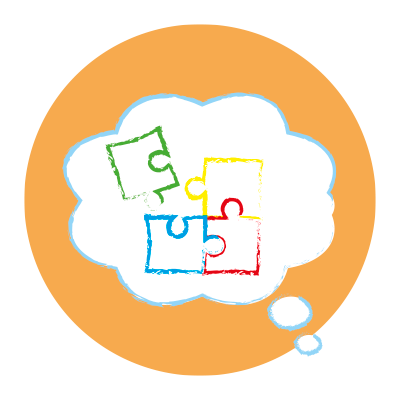
Critical Thinking Skills
Large flows of information in a rapidly changing world make it necessary for children to learn to think critically, to develop their own opinion and to see the importance of good information (sources). They develop their awareness and learn to adopt their own points of view. These positions can be adjusted through a flexible attitude and (self) reflection. Creative processes require critical, creative and innovative thinking skills. In a playful way, children learn to make choices and to adjust their point of view.
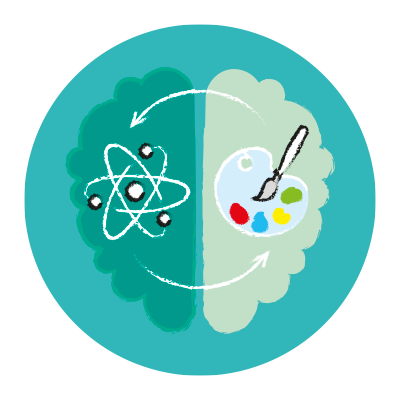
Creative Thinking / Rethinking Skills
By the search for originality and their own style, using creative techniques, children learn to step outside the box. It is important that they learn to take risks, to experiment, to make mistakes, but also to look for other creative and/or innovative solutions. Research, experiment and material experience are important for their development. Children need to learn that making mistakes is okay and will bring new opportunities to learn. Creative processes encourage children to think further and explore other directions.
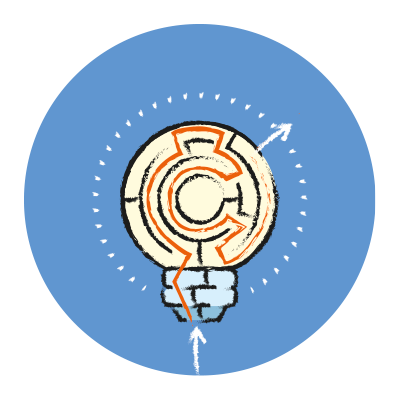
Problem-solving Skills
Creative thinking and problem-solving thinking skills are closely related. Through creative issues, children can learn to look for different solutions. Investigating the various possibilities and going off the beaten track forms the basis for recognizing problems, analyzing them (dividing them into sub-problems), searching for solutions, and evaluating them at a later stage and adjusting a plan. This also teaches them to approach other problems differently.
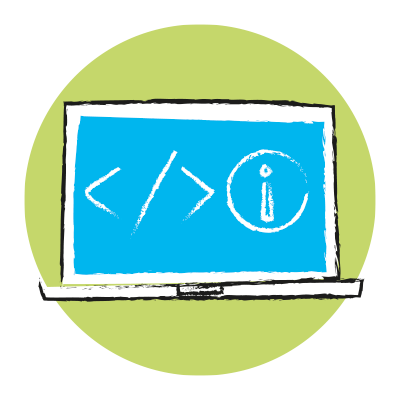
Digital (information) Skills
Because digital media is a fact of this time, it is important that children can handle information well. By teaching students various computer skills step by step, it is also possible for teachers to grow in that development. Above all, the subject must be attractive and fun to students. Our creative teaching materials include: computer drawing, making presentations, numbers and world data, digital escape rooms, making simple games and more!
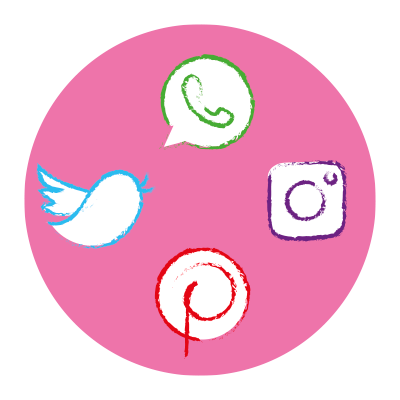
Understanding media and advertising
Advertising and social media have a major impact on our lives and thinking. It is important that children learn to deal with the imposed reality that is controlled in advertising, media and in games. Critical thinking and awareness of behavioral patterns and money flows are important. By teaching children how to respond to issues such as beauty requirements, health, sustainability and (purchasing) behaviour, they develop a critical attitude and a more realistic view of the media.
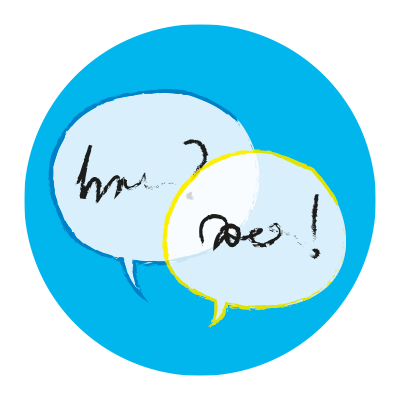
Communicating and Understanding
Writing and speaking, image and sound, it all takes a lot of people's communication skills. Communication is important in conversations and in digital environments. Through collaborations and experiments within creative (IT) issues, children learn about interpretation of feelings and attitude, the content of a message, media channels and information management. As a result, the students develop their social intelligence and their communication skills become better.
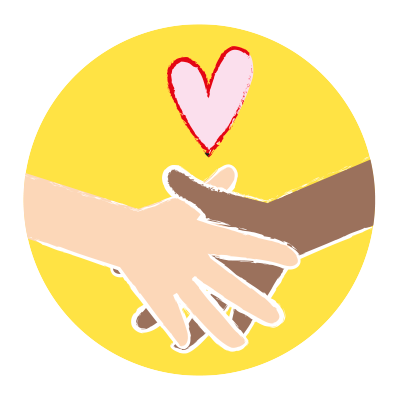
Collaboration and respect for eachother
Aligning together, possibly making concessions, valuing each other, dividing the work on the basis of skills and knowledge. Collaboration is not only a necessary skill, but ensures that work becomes faster, easier and above all more enjoyable. Creative challenges require sociability and atmosphere. Students must learn to work together in groups with other children on activating and motivating assignments where there is room for everyone and respect is a given.
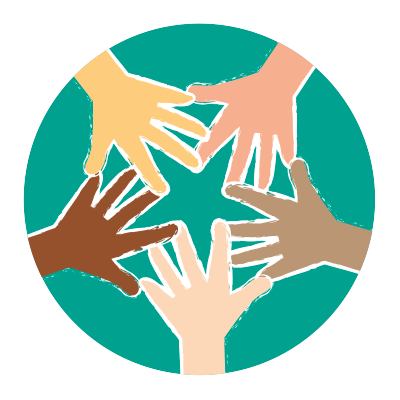
Social and Cultural Skills
Making contacts, dealing with different people (and cultures), insight into one's own feelings and attitude and insight into the (re-)actions and attitude of others. Social-emotional skills that are necessary in life and that can also be named and directed. With creative challenges and working in large and small differentiated groups, children learn to become aware of and deal with their own and others' ways of thinking, behavior patterns, communication and emotions.
